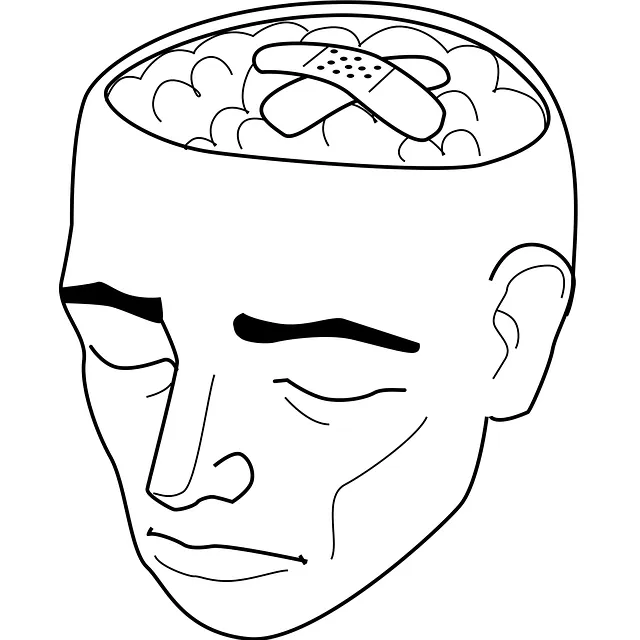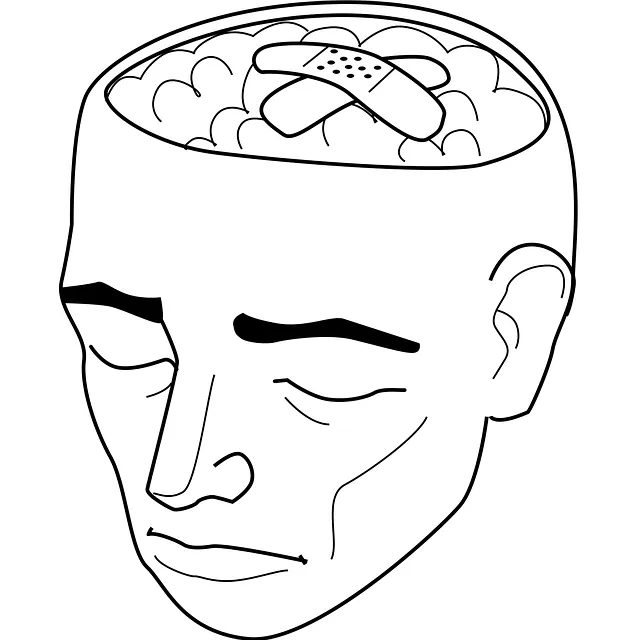Golden Kaiser mental health programs focus on early intervention and holistic well-being to prevent depression. Using evidence-based strategies like CBT, mindfulness, and peer support, they empower individuals with coping mechanisms, enhance self-awareness, and build resilience through social skills training and trauma support. These comprehensive programs prioritize open communication, risk assessments, and healthy stress management for effective depression prevention and improved overall mental health.
Depression is a prevalent and serious mental health concern, but prevention is key. This article explores comprehensive strategies to safeguard your mental well-being, encompassing understanding the signs and causes of depression, adopting lifestyle adjustments for improved resilience, and delving into the therapeutic benefits of Golden Kaiser mental health programs. By implementing these approaches, you can build resilience and proactively manage your emotional health.
- Understanding Depression: Signs and Causes
- Lifestyle Adjustments for Mental Well-being
- Golden Kaiser Programs: Therapeutic Approaches
- Building Resilience: Coping Strategies for Prevention
Understanding Depression: Signs and Causes

Depression is a complex mental health condition that impacts millions worldwide. Recognizing its signs and understanding its causes is a crucial first step in prevention. Common symptoms include persistent feelings of sadness, loss of interest or pleasure in activities once enjoyed, changes in appetite and sleep patterns, fatigue, difficulty concentrating, and in severe cases, thoughts of suicide. These symptoms can be triggered by various factors, including biological, genetic, environmental, and psychological influences.
The Golden Kaiser mental health programs emphasize the importance of early intervention and a holistic approach to well-being. Effective prevention strategies often involve communication techniques that foster open discussions about emotions and mental state. Mental health professionals should also incorporate risk assessments as part of their practice to identify at-risk individuals. Additionally, promoting healthy stress management techniques can be a game-changer in preventing depression, providing tools for navigating life’s challenges more effectively.
Lifestyle Adjustments for Mental Well-being

Maintaining a healthy lifestyle is an essential component of preventing and managing depression. Simple adjustments in daily habits can significantly impact mental well-being. Encouraging regular physical activity, for instance, has been shown to boost mood and reduce symptoms of depression. Even short walks or gentle exercises can help improve energy levels and promote better sleep patterns.
Golden Kaiser mental health programs emphasize the power of self-care routines, including mindful practices such as meditation and compassion cultivation. These activities encourage individuals to develop a sense of inner calm and strengthen their ability to manage stress. Incorporating healthy eating habits and adequate hydration also plays a crucial role in stabilizing mood and enhancing overall mental resilience, as proper nutrition supports brain health and cognitive function.
Golden Kaiser Programs: Therapeutic Approaches

Golden Kaiser mental health programs offer a range of therapeutic approaches designed to tackle depression head-on. These evidence-based strategies include cognitive-behavioral therapy (CBT), a proven method for identifying and changing negative thought patterns that contribute to depressive episodes. By teaching individuals coping mechanisms and resilience, CBT empowers them to manage stress and prevent relapse.
In addition to CBT, Golden Kaiser incorporates mindfulness practices, such as meditation and deep breathing exercises, into their programs. These techniques promote relaxation, enhance self-awareness, and foster emotional regulation. Moreover, the integration of support groups and peer counseling allows individuals to connect with others facing similar challenges, providing a sense of community and reducing feelings of isolation—a key risk factor for depression. For mental health professionals, Golden Kaiser provides comprehensive resources like Risk Management Planning and Healthcare Provider Cultural Competency Training to ensure they are equipped to deliver compassionate and effective care. Boosting confidence through continuous professional development further strengthens their ability to assist individuals in overcoming depression and improving overall well-being.
Building Resilience: Coping Strategies for Prevention

Building resilience is a key component in preventing depression, offering individuals coping mechanisms to navigate life’s challenges. Golden Kaiser mental health programs emphasize the importance of empowering individuals with strategies that foster adaptability and strength in the face of adversity. These programs often incorporate Social Skills Training, equipping people with the tools to form meaningful connections and seek support from others, which can be instrumental in managing depressive symptoms.
The Mind Over Matter Principles are another integral part of these initiatives, teaching individuals how to reframe negative thoughts and cultivate a more optimistic outlook. By learning to manage their mindset, participants gain a sense of control over their emotional well-being. Additionally, Trauma Support Services play a significant role in depression prevention by addressing underlying trauma, which can be a contributing factor to depressive disorders. Through specialized interventions, these services help individuals process and heal from past traumas, promoting long-term mental health and resilience.
Depression prevention is a multifaceted approach that combines understanding, proactive lifestyle adjustments, and evidence-based therapeutic strategies. By recognizing signs early on and adopting coping mechanisms like those offered by Golden Kaiser mental health programs, individuals can build resilience and navigate life’s challenges more effectively. Incorporating positive lifestyle changes alongside specialized interventions ensures a comprehensive strategy for long-term mental well-being.






